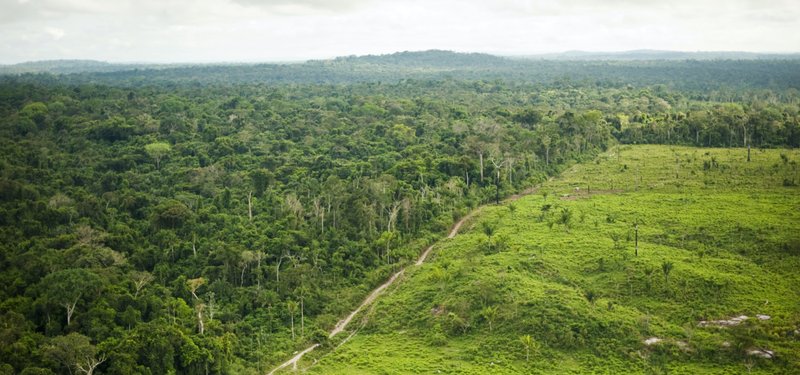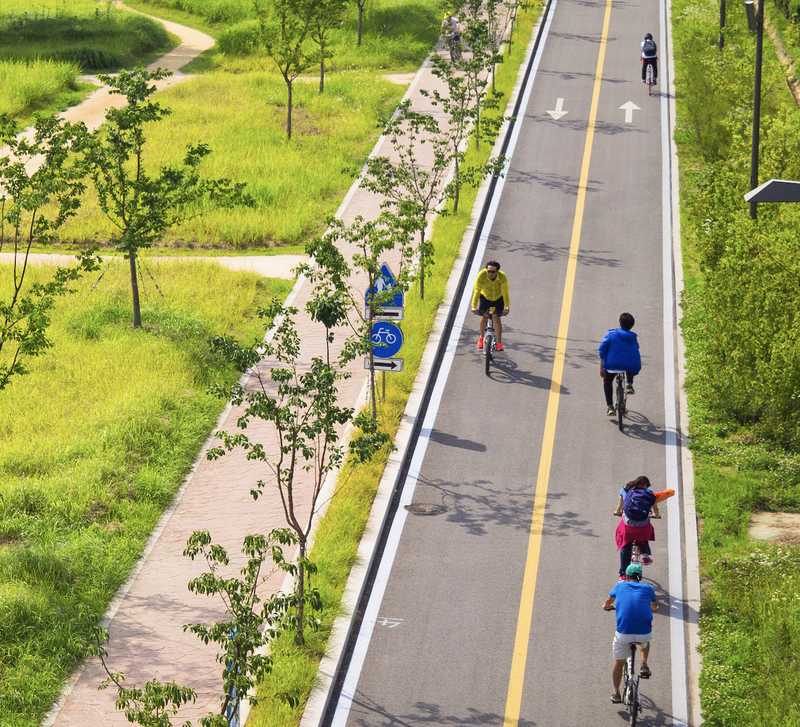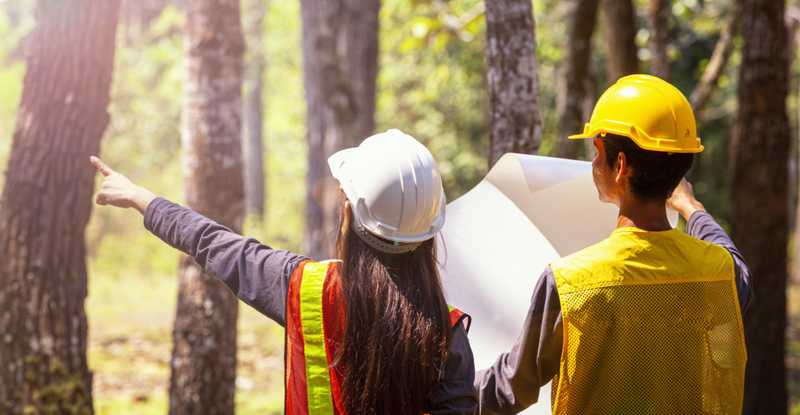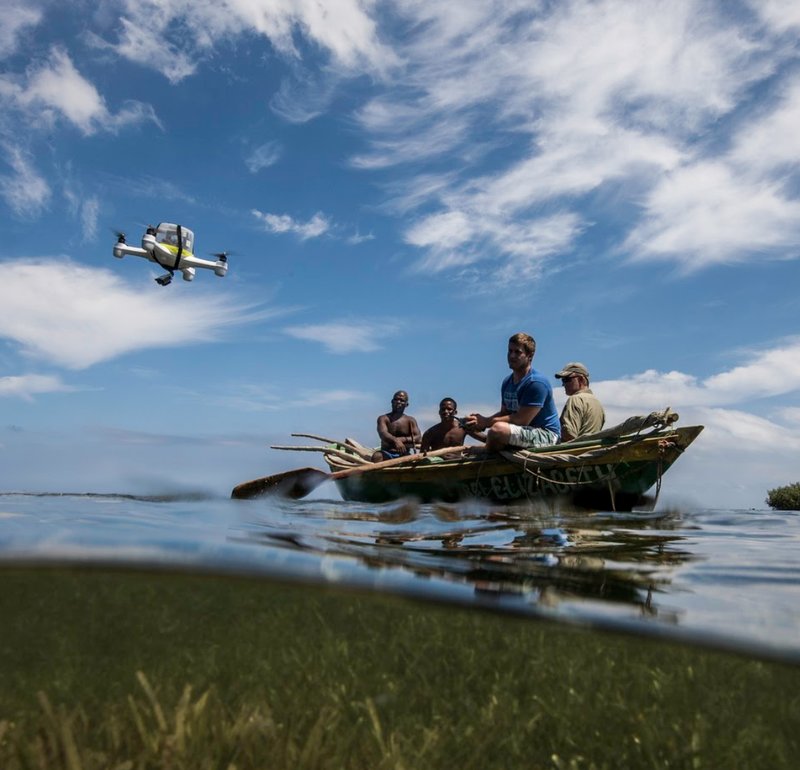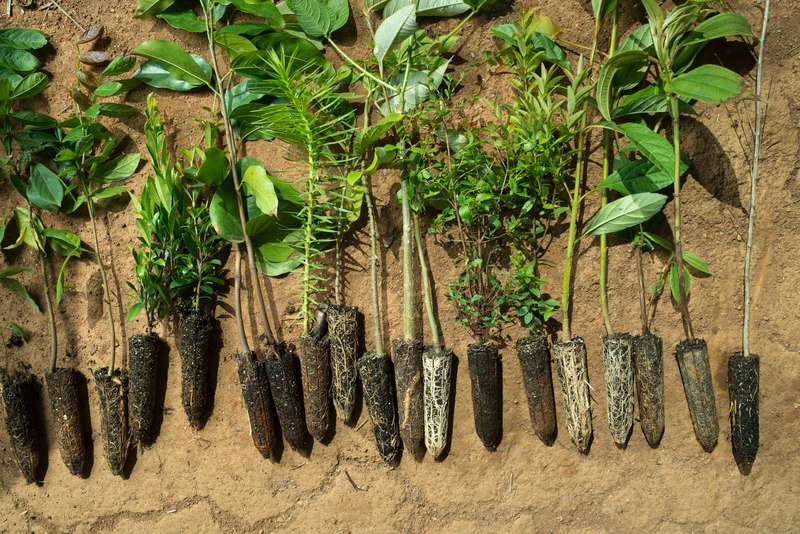Nature Positive Recovery
Principles for investing in nature-based jobs and initiatives to stimulate the post-COVID economy.
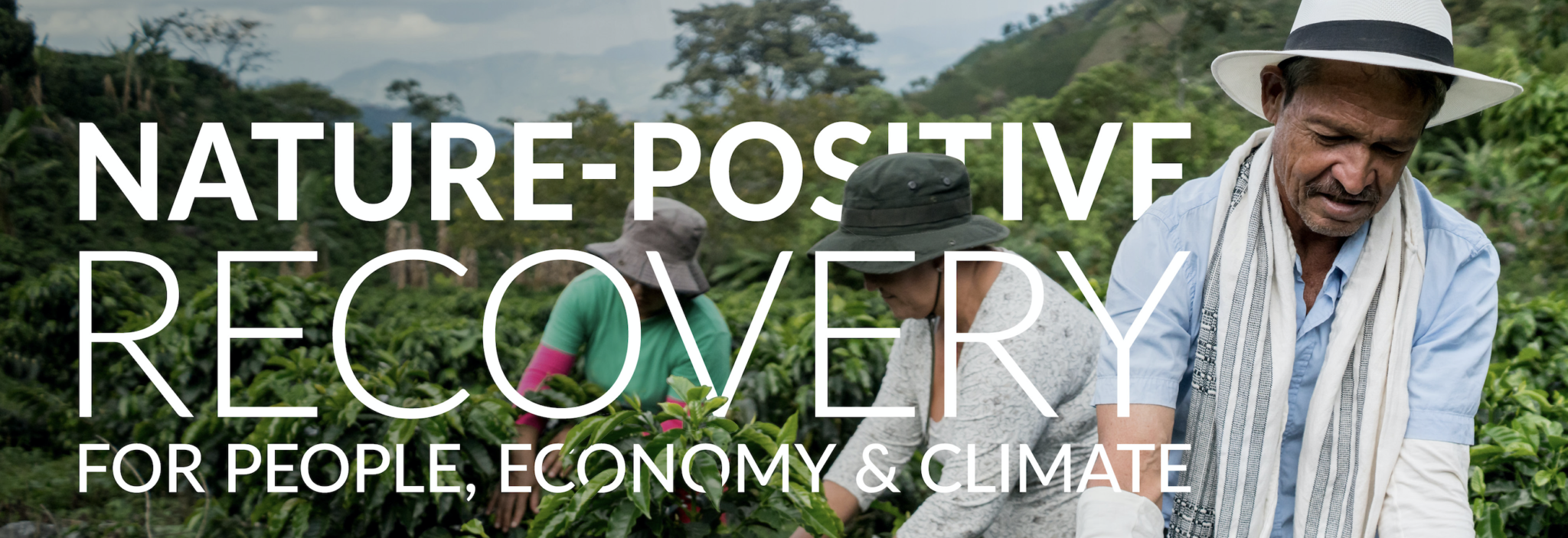
This document, produced by the Nature4Climate (N4C) coalition, is a compendium of existing data (from peer-reviewed and grey literature) that relates to the economic and societal contributions of nature-based solutions. Information relevant to a specific country or region is indented. N4C does not necessarily endorse the data or proof points in this document. For questions and queries regarding specific statistics, please contact the originator of the research. This document is ‘open source’, meaning that we are happy for you to take the narrative (part 1) and use it however is most useful. The proof points can be sourced to the original authors. We note that at an aggregate level there remain gaps across the data set, and further refinement required within it, and thus if we are missing key research that would improve this compilation, please email info@nature4climate.org. In a document of this length, there are also bound to be typos and mistakes, for which we apologize in advance. We have also collated a list of spokespeople for each section that we are happy to share on request.
Nature for recovery
Principles for investing in nature-based jobs and initiatives to stimulate the post-COVID economy.
Our scientific understanding of nature’s role in the fight against climate change has deepened in the past three years and is now well-established.[1] So too has our understanding of the full range of benefits that nature-based solutions deliver for people around the world: whether providing jobs, filtering water, reducing air pollution, providing resilience to extreme weather or regulating local climate.
However, the economic case for nature-based solutions remains poorly defined and understood. This presents the proponents of nature-based solutions with an acute challenge as enormous amounts of finance are currently being mobilised to address the economic fall-out of the COVID-19 crisis. While there is already much discussion about how economic stimulus measures can and should avoid provoking harmful long-term impacts, and rather hasten the transition to more resilient and sustainable societies, by and large this discussion overlooks nature-based solutions. In part, this is because their economic benefits have not been articulated and communicated effectively enough.
While the most immediate priorities of COVID-19 responses have rightly been health and economic well-being, the crisis has also created a new appreciation for how our encroachment on nature poses significant risks. There is, however, much more work to be done to help decision-makers recognize the significant benefits and opportunities that nature-based solutions can offer as part of their economic recovery plans.
N4C has reviewed scores of reports and research and has pulled together relevant information about the economic value of nature-based solutions in a single place for the first time. By doing so, we hope the collective weight of this information will begin to cultivate a new appreciation for nature-based solutions, and also help us identify evidence gaps that future work can help fill.
In preparing this document, N4C has identified three key principles for nature-positive recovery plans for people, economy and climate.
Principles
Principle 1

Do no harm
Principle 2

Properly value the full range of benefits that natural ecosystems offer, and the role they play in building sustainable economies and communities
Principle 3

Appreciate the direct economic contribution of certain nature-based solutions, which of course also have the added value of a full range of other benefits
How to use this document
This is not a narrative document that is designed to be read from front to back, although you certainly can if you wish. Instead, we expect most users to be searching for information that relates to a specific topic or geography. Please use the Table of Contents below to help you navigate the document. Alternatively, use Ctrl-F (PC) or Command-F (Mac) to search the document for specific keywords. We also encourage you to explore the source material on your own. While we have combed through this to pick out key analysis and statistics, it is very likely that the source will have additional information relevant to your area of interest. Finally, we would like to repeat our appeal for your help in filling gaps, particularly at the national level, by passing along relevant research or case studies to info@nature4climate.org.
As you review the information in this compendium report, and as you consider the associated economic opportunities, remember that for an action to be considered a nature-based solution, it must adhere to certain principles, which include being done in the right places in the right ways, with the full participation and support of local communities and Indigenous peoples and as part of a broader program of climate action. For further guidance on these topics, please consult the following resources: NBS Guidelines, ICUN Global NBS Standard, N4C on tree planting.
Browse
References
[1] There is also a substantial and growing body of research that quantifies nature’s role in slowing the pace of climate change. By employing strategies to protect, restore and properly manage natural and agricultural systems we can lower global CO2e emissions by roughly 10 billion tonnes annually. Many of these strategies are inexpensive and, in most cases, can provide positive economic returns. In a review of 16 studies estimating the social cost of carbon (the financial impact of CO2 emissions), researchers found that with a 2°C increase in global temperatures the average person would experience a 1% loss of income, with some models showing nearly a 10% loss.

